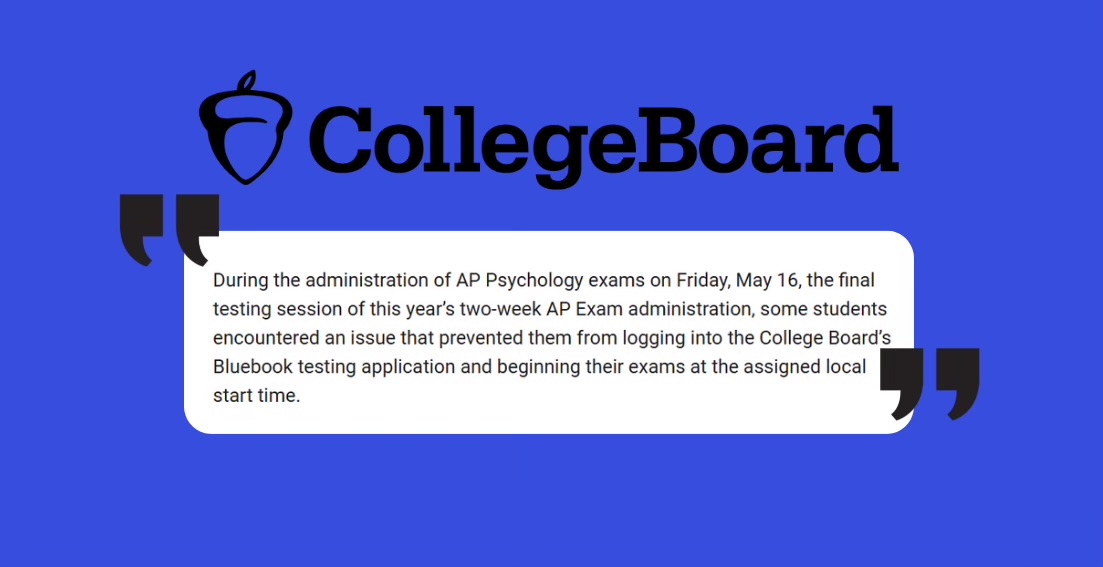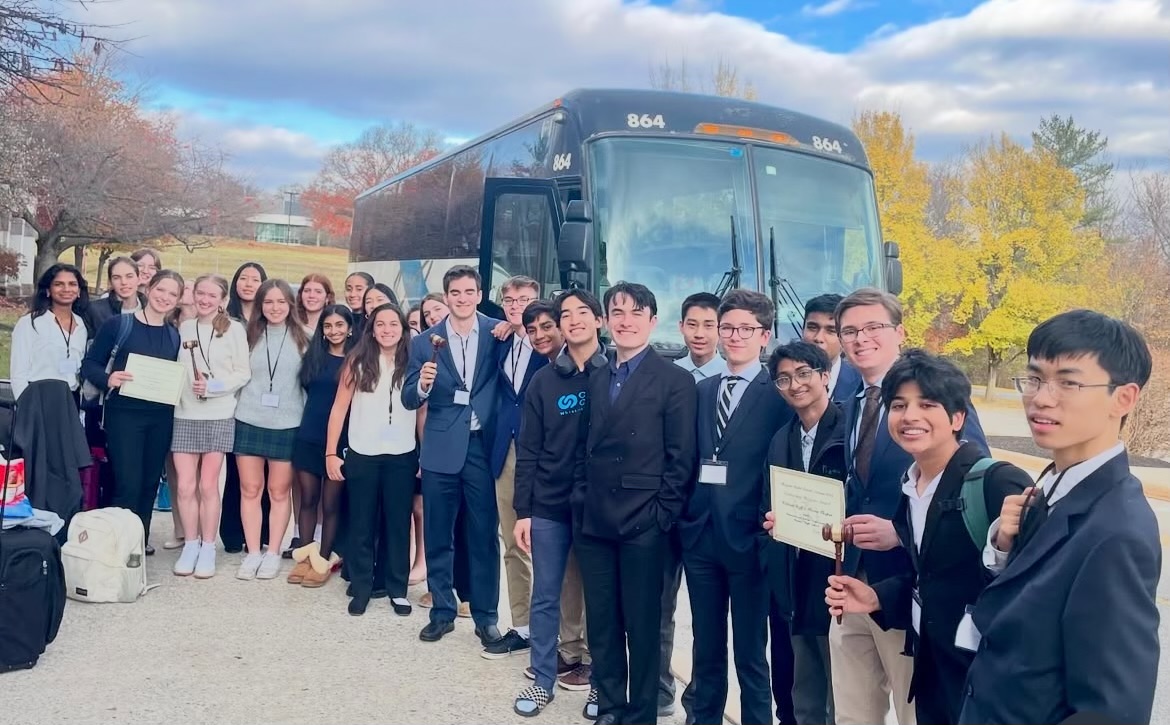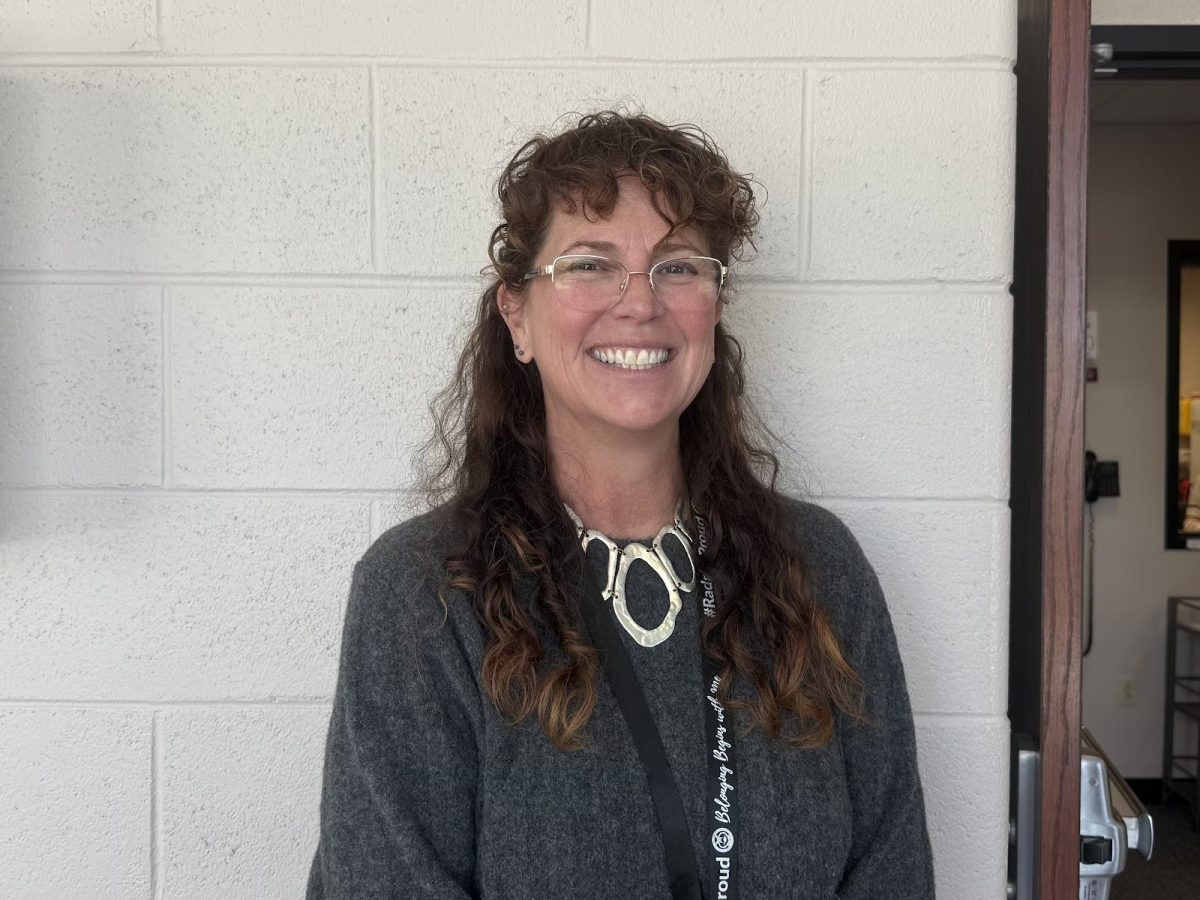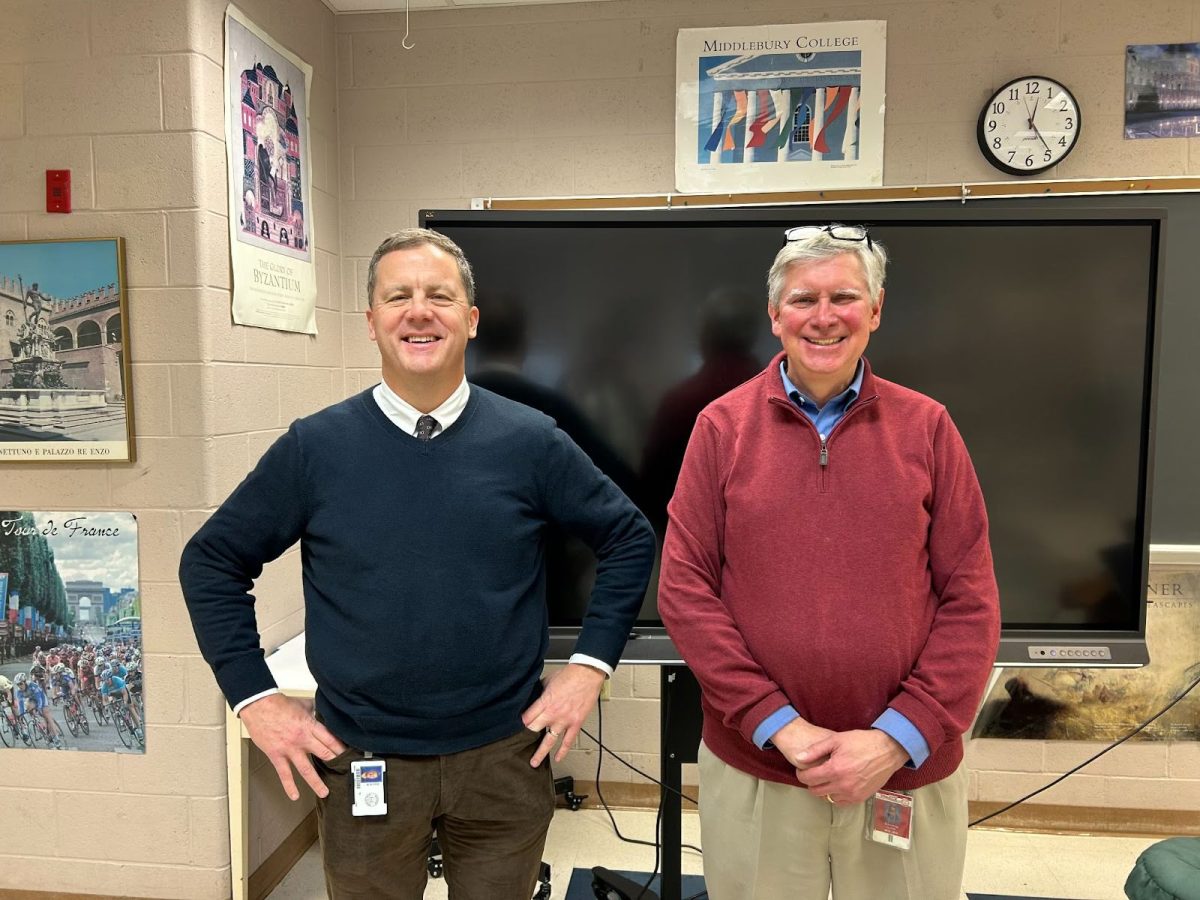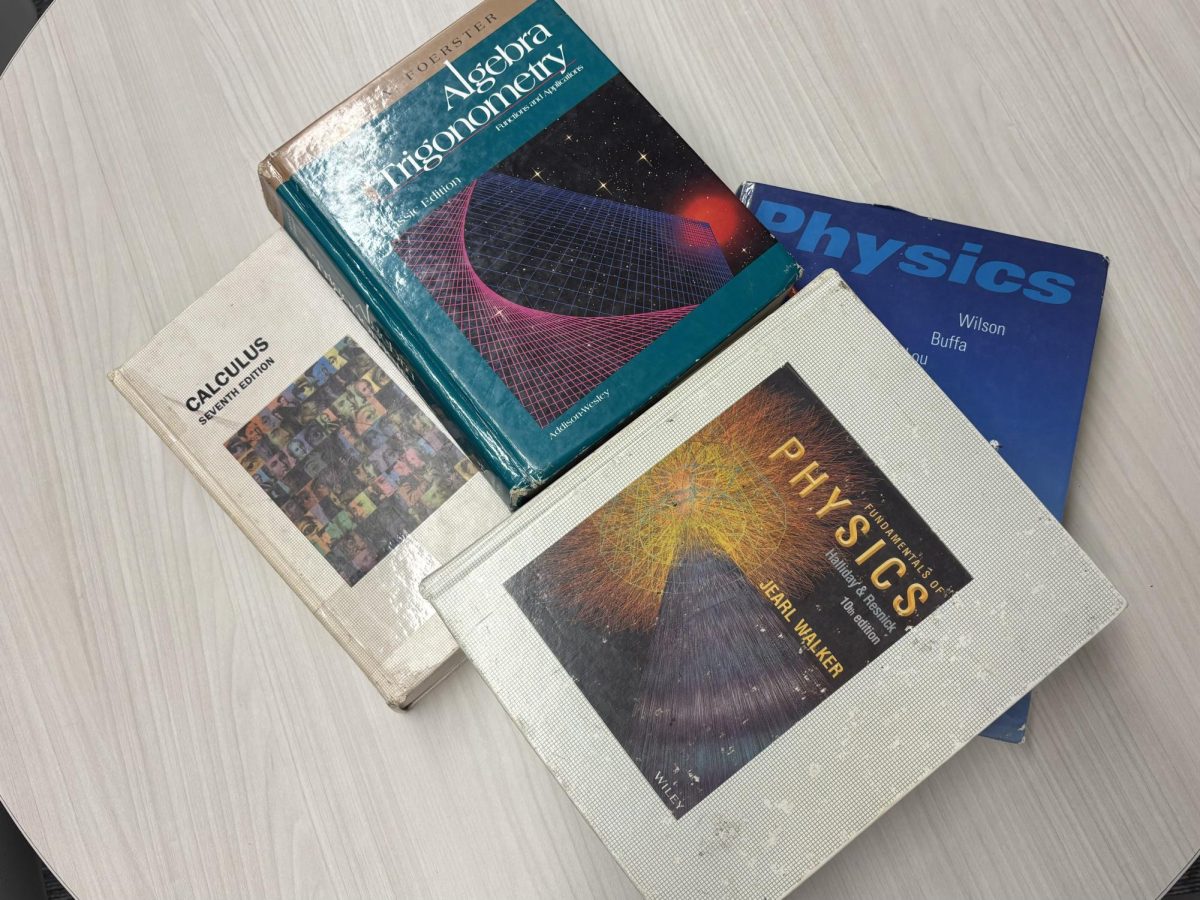During the summer of 2023, theaters released a film called Mission: Impossible – Dead Reckoning featuring Tom Cruise back in action as a skilled field agent for a secret government agency. The plot line is up to date with the mission requiring the containment of a highly sophisticated artificial intelligence computer working to take over the world’s networks. Commonly denoted as futuristic humans and robot takeovers in science fiction, artificial intelligence has made its way into our world whether we like it or not. According to Oxford Languages, AI can be defined as, “the theory and development of computer systems able to perform tasks that normally require human intelligence, such as visual perception, speech recognition, decision-making, and translation between languages.” Other properties of artificial intelligence can condense loads of information from the internet into small pieces and generate new ideas based on the user’s command. So where are the lines drawn in terms of usage?
Recently, many schools have taken a look at what AI may mean for the future and the restrictions that should be imposed concerning it. This includes both colleges and high schools of all levels. One New York Times article on banning or embracing AI discusses the views of different colleges in terms of essay applications. It compares the University of Michigan Law School which states students, “ought not [to] use ChatGPT” as part of their drafting process while schools such as Arizona State University and Georgia Tech allow or even encourage the use of artificial intelligence so long as it is used responsibly. One video on Georgia Tech applications gets an opinion straight from the school’s director of admissions on the benefits of AI. Here in Radnor, the position statement on artificial intelligence is located on the Radnor Township website where it focuses on the ethical concerns and impacts on teaching. To sum up the school’s stance, the statement reads, “At Radnor Township School District, in support of our mission and vision, we believe in harnessing the power of Artificial Intelligence alongside Human Intelligence to prepare our students for an evolving and unpredictable future.”
So how has Radnor taken action to prepare students for the future of artificial intelligence? Recently, seminars and some class assignments have focused attention on the use of artificial intelligence in classrooms. In one of my classes, we conducted a research project on AI which included the legitimacy of sources, an essay on the pros and cons, as well as a Socratic seminar to top it all off. From this seminar, I gained a general understanding of everybody’s viewpoints, and they accumulated to this: Artificial intelligence may be used as a tool to revise and edit, not complete assignments and it will be important for students to harness the technology for future job opportunities. It will be important that students understand how to use it such that they work alongside the technology rather than being taken over by it.
In addition to our seminar, I interviewed a member of the student government, Haeun Cho, to get her take on the situation:
Do you think AI is good or bad? Give one reason for each.
I think AI can be good as it can answer your questions, give you inspiration on what to write, and overall, be a good source to use whenever you need help. However, it can quickly become a bad thing once people start misusing it, such as using it to cheat or write an essay for you.
Have you ever benefited from AI, or have you been a victim of it?
I personally don’t use AI like ChatGPT as frequently, but I did try it out once when it first got launched and thought it was pretty cool. But in terms of AI such as Siri, Alexa, Google, etc., I definitely benefit as it answers my questions right away and makes research much easier.
What do you think AI will do for the future?
I think AI will definitely help us in the future, as with this, it can advance a lot of the technology we have today. It can make life run much easier and smoother, and for example, help us to find cures for diseases, but if taken too far, the meaning of life could become forgotten.
Overall thoughts?
Overall, I feel pretty mutual about AI. I think it is a great tool and is very cool to see how much the world advanced with these new technologies, but I still think we shouldn’t let it take over our lives. We should use it to help and facilitate the small but harder things in life, but we shouldn’t let it do everything for us.
After hearing Radnor’s take, some of the student body’s take, and finishing my own research, I had a few conclusions to draw dealing with the implementation of AI in classrooms. First off, artificial intelligence is here, whether we like it or not, and this means that for the future we need to embrace it to work alongside it rather than being replaced. I also believe that it could prove a valuable tool in classrooms and as a source for reviewing and editing so long as it does not take away from the writer’s creative interests. The question of academic integrity will continue to be raised and will remain a source of debate for years to come. Lastly, it is important to note that while AI has remarkable capabilities, it cannot yet think abstractly or form connections like humans and there certainly are limitations. People need to be aware of this technology to avoid potential misuse and take advantage of the benefits.


